The Trans Pyrenees Race is a self-supported, 1,500-km ultra-endurance cycling race traversing some of Europe’s hardest mountain passes, from Biarritz, in southern France, to Spain’s most easterly point, Cap de Creus, and back again. Along the way, riders must stamp their brevet cards at three control points and complete six parcours—but aside from that, everything else is fair game. They plan their own routes and work out food and water stops, sleeping as much or as little as possible. The result is a scattering of riders across a vast distance of harsh, unforgiving terrain—a separate challenge remains for those documenting the race. The Trans Pyrenees Race goes beyond competition. Most aren’t racing for a top-ten finish, but a personal test of endurance—and a deeply intimate one at that. This unique aspect drove me to want to capture racers in their most vulnerable moments, as they passed through a timeless landscape in trying conditions, leaving their small mark on the history of the vast and permanent Pyrenees. As it turns out, if you want to win this race, it means you have to run on next to no sleep—which, in turn, meant the same for us who were sent to photograph it. Matteo from PEdALED joined me in the media vehicle. We’ve been friends for a few years, which is important when you’re together for eighteen hours a day, six days straight. Each night we would check the riders’ locations before turning in, and we’d check them again before setting off to scout a location to shoot at sunrise. Sleep deprivation is a funny thing. Everyone just seems to kind of get into the swing of it. You fight through the tiredness until you reach a sort of high that you try and ride out as long as possible. Riders would sing and mutter to themselves as we passed them in the van—both us and them trying to stay awake and focused on the task at hand. We were in a small café halfway up the Col du Tourmalet when Thomas Jacquelinet crossed the finish line in Biarritz, some 270 km (and scores of mountain passes) west of us, becoming the TPR’s inaugural winner in a blistering 4 days, 7 hours and 48 minutes. And whilst Thomas was probably enjoying a demi and relieving his saddle sores in the Bay of Biscay, other riders had just reached the halfway point and were only starting their return journey back towards the Atlantic. For many, it would take a further four days to finish. As a spectator and a rider that has often toyed with the idea of doing a race like this, what I’ve found most interesting is that the winner is often not physically the strongest rider. Instead, it’s the rider with a clear understanding of their own physical and mental limits, one with the best combination of meticulous route planning, the required strength and endurance, and perhaps most importantly, be it in a barn or at a bus stop, the ability to function on minimal sleep. Of course, an ounce of luck doesn’t hurt either.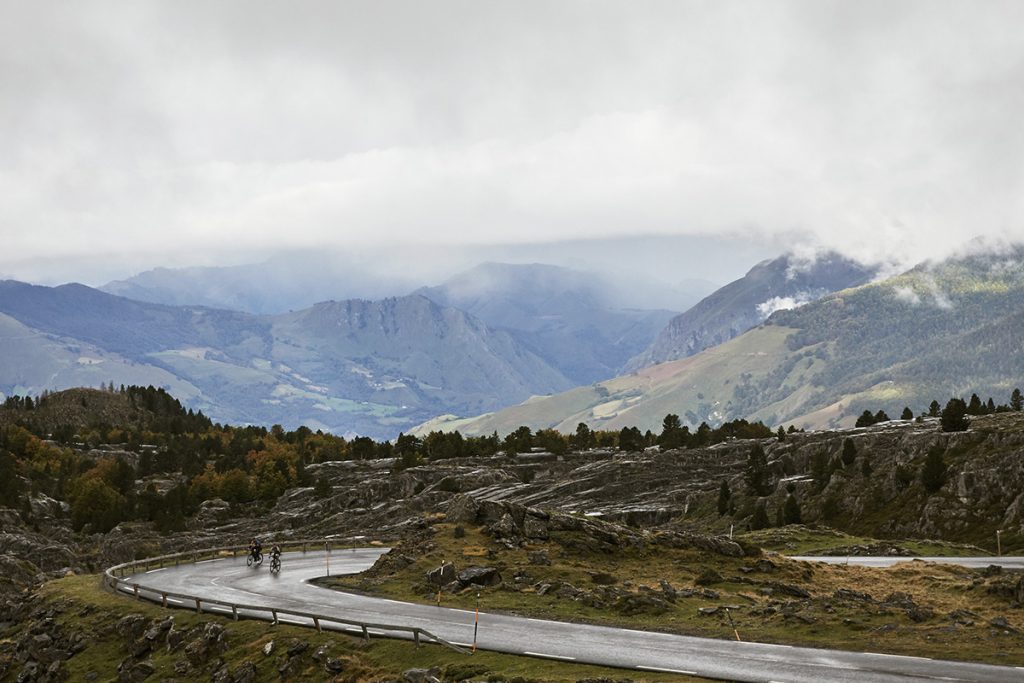

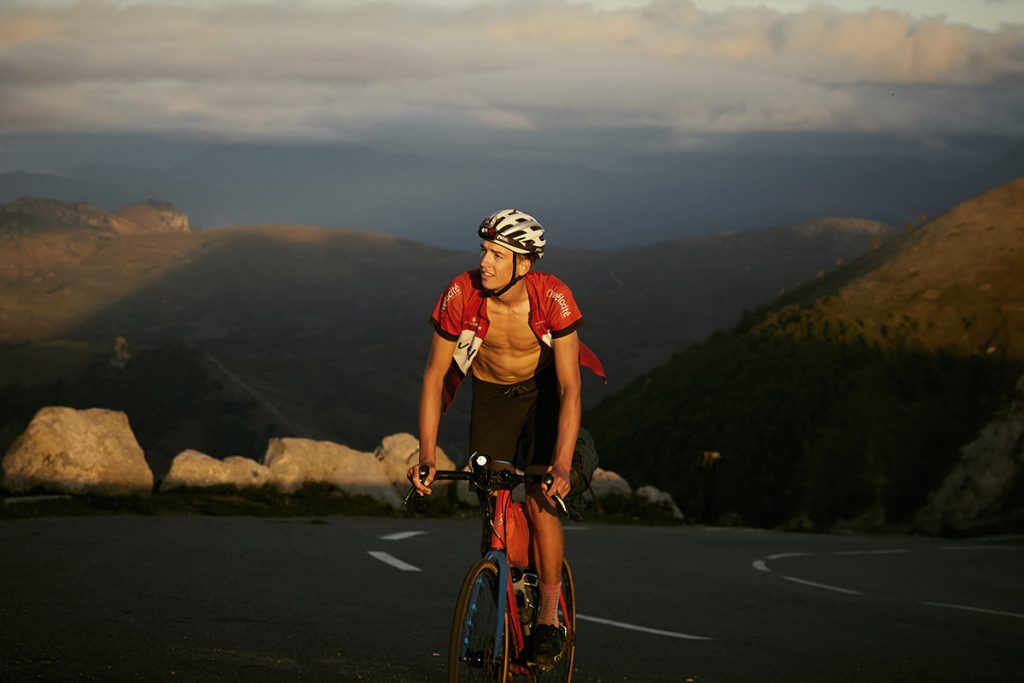




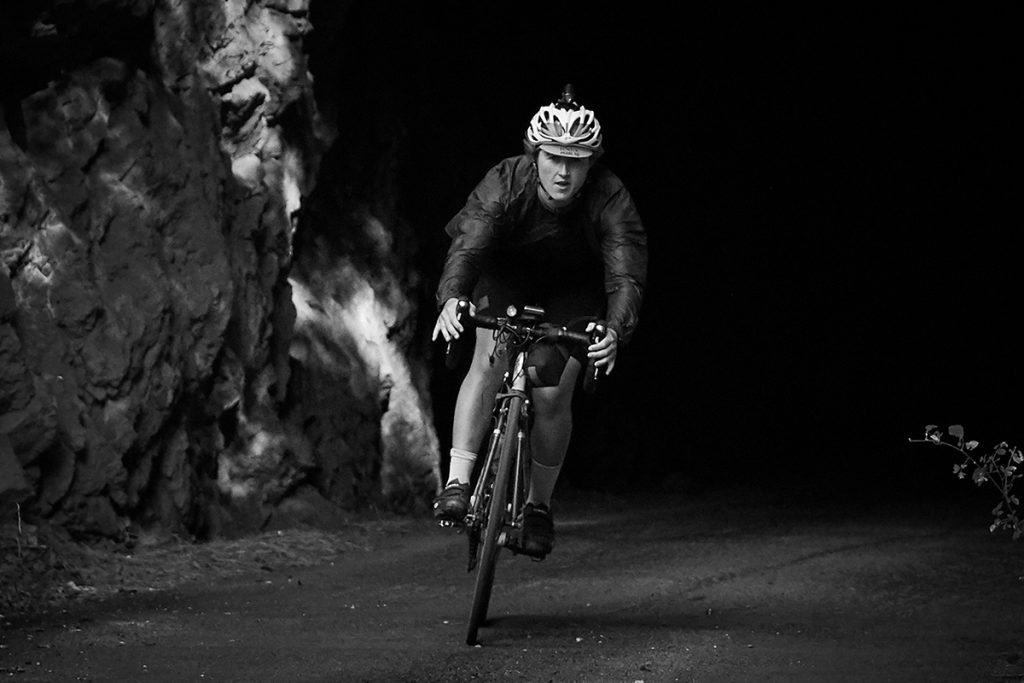
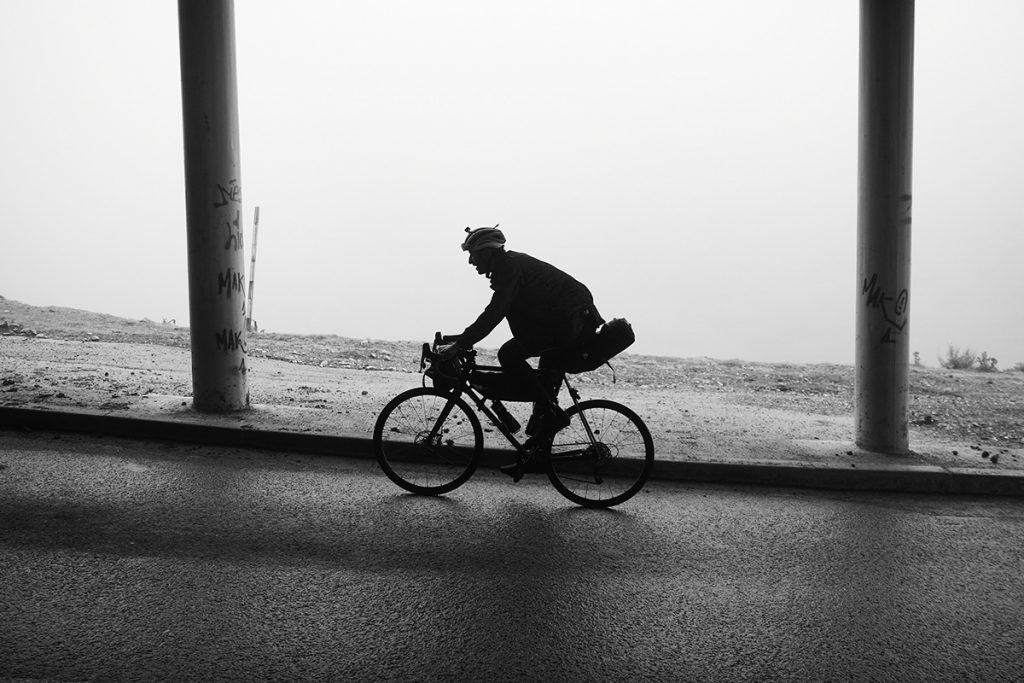
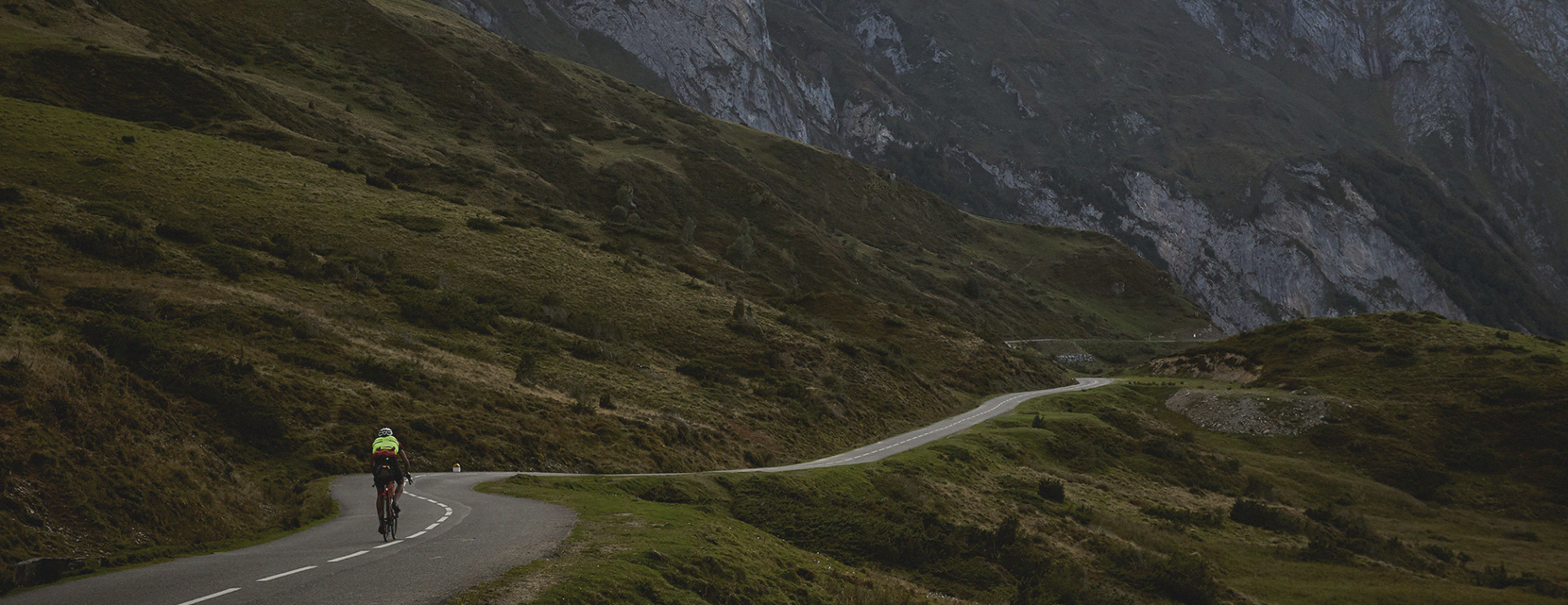
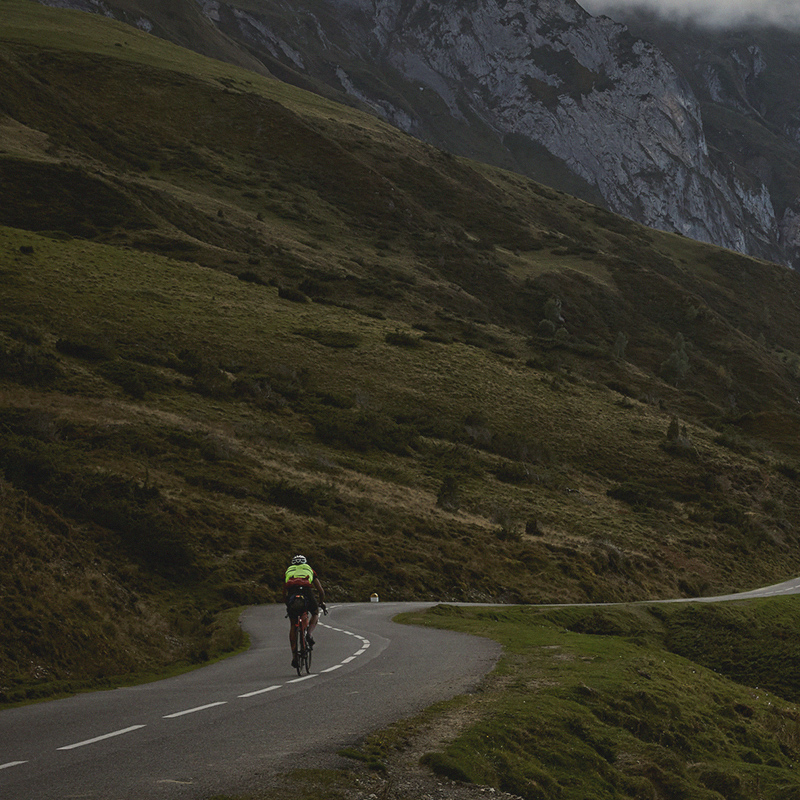
Sleepless in the Saddle.
Covering the first Trans Pyrenees Race
Covering the first Trans Pyrenees Race










